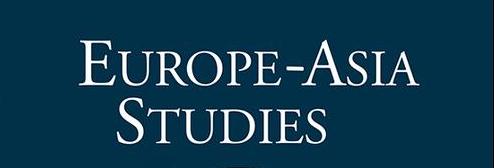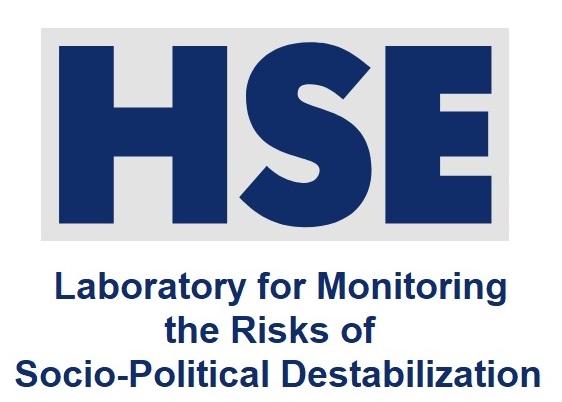Andrey Korotayev's presentation at the conference of the International Big History Association (IBHA)
The CSRA director's report is entitled "Patterns of complexity growth in the Big History. A preliminary quantitative analysis". In his presentation, Andrey Korotayev talks about recent findings, namely about two patterns of how Big History is getting more complex. The first pattern is a slowdown in cosmic evolutionary development that had being taking place several billion years after the Big Bang. The second is the acceleration of biosocial development, which began on Earth about 4 billion years ago.
The head of CSRA presented on the Complexity Growth Patterns in Big History studies
Andrey Korotaev presented his report "Complexity Growth Patterns in Big History: Preliminary Results of a Quantitative Analysis" at the webinar "Big History Studies from Russia: Complexity, Crises, Singularities", organized by the Eurasian Center for Megahistorical and Systemic Forecasting (Moscow, Russia) together with the Symbiosis School for Liberal Arts (India) and the Oberlin Big History Movement (OBHM) in Tokyo (Japan).
Scholars of CSRA took part in the plenary session 'Africa in a Changing World'
The session was held on the basis on Yasin (April) Conference organized by HSE University annually.
During the session the speakers talked a lot about the challenges Africa is facing in the 21st century, as well as the opportunities that appear for this continent in a changing geopolitical context. The prospects for cooperation between Russia and African states were discussed in particular.
Yevgeny Ivanov spoke about the history of political and legal thought in the North Caucasus
The CSRA research fellow presented his report at the Lomonosov conference, which takes place from April 10 to 21 at the Moscow State University.
The database on revolutionary events in the 21st century has been updated.
Data for 2022 was added.
Yevgeny Ivanov spoke at the СYPS RUPSA (RAPN) Conference "Political Science at a Breaking Point: the Old Paradigm vs. the New Reality"
The CSRA reserach fellow presented his report on monumental politics in modern Dagestan. Yevgeny Ivanov paid attention to the recent trends in the monumental politics and illustrated his perfomance with few bright cases.
Leonid Issaev took part in the 14th Al Jazeera Forum in Qatar
On March 11-12, 2023, the Al Jazeera Forum was held in Doha. The Al Jazeera Research Center organises the Forum annually. As a rule, well-known scientists and political figures from all over the world act as speakers of the event. The opening of the forum was attended by Sheikh Hamad Al Thani, the Chairman of the Directoral Board of Al Jazeera, and Majid Al Ansari, the official representative of the Ministry of Foreign Affairs of Qatar and the adviser to the Prime Minister.
Yevgeny Ivanov and Ashish Singh on the prospects of using national currencies
Can Russia and India abandon the US dollar in bilateral trade?

The article on the repatriation of Syrian Circassians to the North Caucasus has been published in Europe-Asia Studies journal
An electronic version of the article "A Troubled Return to the Homeland: Syrian Circassians in Southern Russia" has been published on the Europe-Asia Studies journal website. The article covers issues related to the migration of Syrian Circassians (Adyghe) to the Russian regions of the North Caucasus. With the outbreak of conflict in Syria, hundreds of Syrian Circassians decided to move to the Caucasus, where their ancestors lived. Since the Caucasus is perceived by the Syrian Circassians as their historical homeland, they believe that this is not just migration, but repatriation. However, the institutionalization of repatriation took a long time, since there was a risk that supporters of Daesh (the terrorist organization is banned in the Russian Federation) could ifiltrate to Russia.

